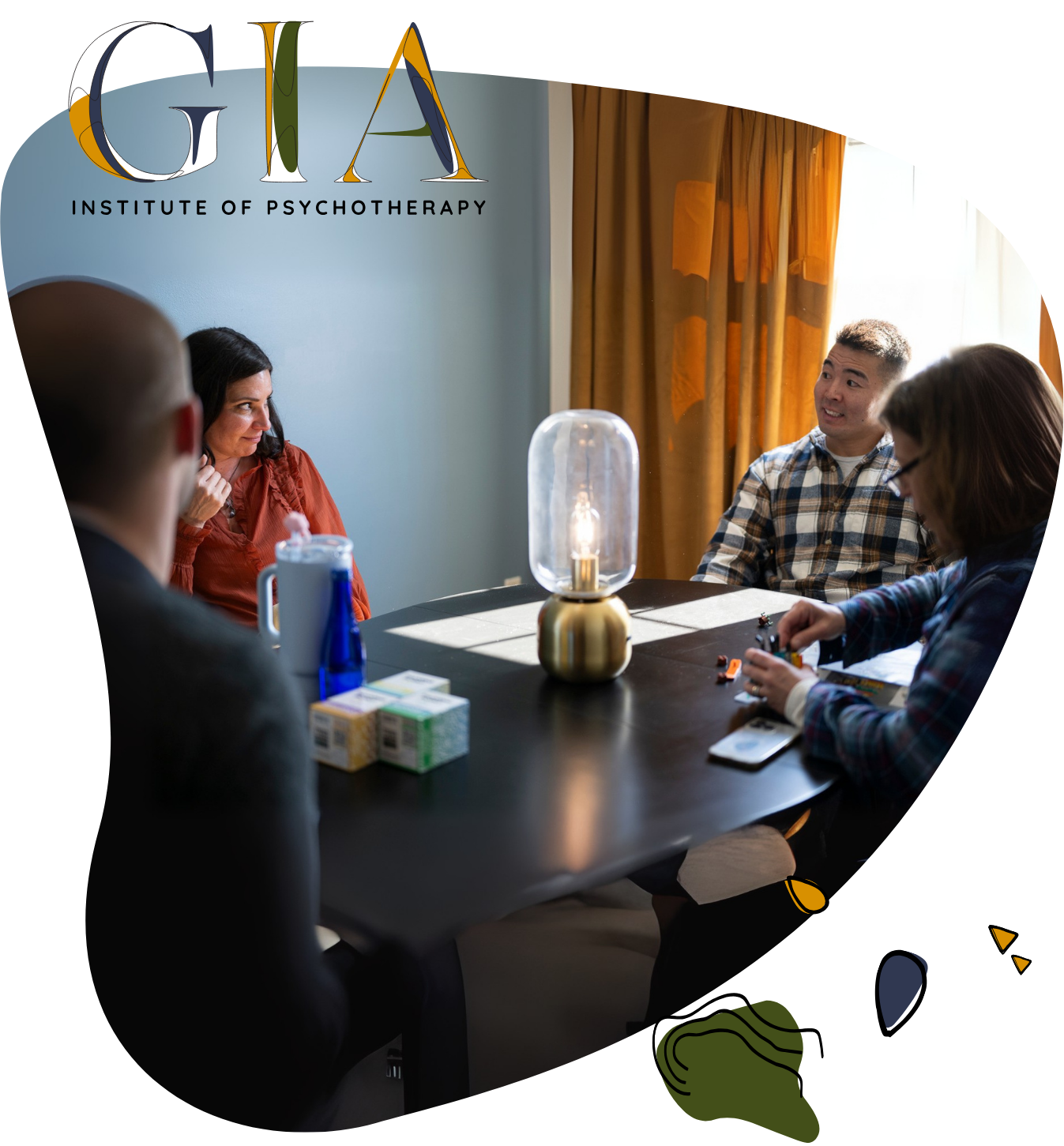Is Your Ex Actually a Narcissist? Maybe. More Likely… He Just Thinks “Unavailable” is a Love Language.
Let's be honest. When a relationship ends, especially when it leaves you feeling raw, bewildered, or just plain wronged, there's a whisper that often turns into a shout: "They were a narcissist!" Suddenly, every baffling behavior, every selfish act, every moment that made you question your sanity gets neatly filed under "NPD." And while it’s incredibly tempting to embrace this shiny, validating label, let's take a dry, slightly sarcastic, and dare I say, deeply understanding look at why your ex might just be… your ex.
The TikTok Diagnostic Manual
It seems everyone's gone to TikTok for their degree in personality disorders. Terms like "gaslighting," "love bombing," and "flying monkeys" are flung around with the casualness of ordering a latte. And hey, credit where credit is due – it's a good thing we're talking about serious issues! But, much like mistaking a mild cough for a rare disease, sometimes our self-diagnoses miss the mark.
Here's the inconvenient truth: Narcissistic Personality Disorder (NPD) is a genuine, complex mental health condition, characterized by a pervasive pattern of grandiosity, a need for admiration, and a profound lack of empathy. It’s not just about someone being a bit of a jerk, or selfish, or even just really into their own Instagram feed. It's a deeply ingrained way of relating to the world that causes significant distress and impairment. And, surprise! True NPD is actually quite rare, affecting a relatively small percentage of the population.
So, if true narcissists are rare, why does your ex fit the description so perfectly in your mind? Because you're hurting, and sometimes a label helps make sense of the chaos.
Why You Think Your Ex Fits the Bill
Let's unpack a few highly scientific, totally peer-reviewed reasons why that "narcissist" label feels so right, especially when you're reeling:
The "Post-Breakup Clarity" Filter (Now with Extra Salt)
Ah, the magical lens of hindsight! When a relationship ends, especially painfully, our brains are remarkably good at selectively recalling every single slight, every selfish act, and every time they made you feel less-than. That charming confidence they had at the beginning? Pure love bombing. Their occasional forgetfulness? Utter disregard and manipulation. Their desire to watch theirshow? Textbook grandiosity! It's amazing how neatly all the puzzle pieces fit once you've decided they're a villain, particularly when you've been genuinely wronged. And that feeling of being wronged is absolutely valid.
The Human Condition is a Mess (And We All Contribute, But Some More Than Others)
Here’s a shocker: humans are flawed. We’re all capable of selfishness, insecurity, defensiveness, and a healthy dose of self-interest. Sometimes, what we perceive as malicious narcissism is actually just… garden-variety human imperfection, amplified by your very real pain. Maybe they were immature. Maybe they had poor communication skills. Maybe they were just really bad at sharing their fries and also gaslit you about it. These are definitely annoying traits, perhaps even deal-breakers, but they don't necessarily scream "personality disorder." However, when these traits cause you significant emotional distress, it's natural to search for an explanation, and "narcissist" offers a tidy one.
It Feels Good to Be Understood!
You vent to your friends. They validate your feelings (as good friends should!). They say, "OMG, he sounds just like my ex, he was totally a narcissist too!" And just like that, the narrative solidifies. It's comforting to have your feelings affirmed, especially when you're feeling isolated or crazy. This validation is important, but sometimes, too much of it can accidentally lead us down a diagnostic rabbit hole, distracting from the deeper work of healing.
The Convenience of a Label
Let's face it, labeling your ex as a narcissist can feel incredibly empowering. It externalizes the blame, validates your pain, and gives you a neat, tidy explanation for why things went south. It frees you from having to look at your own contributions to the dynamic (gasp!) or the complex interplay of two imperfect people. It’s the ultimate "it's not me, it's you" mic drop, and sometimes, in the thick of heartbreak, that feels like the only lifeboat available.
What's A Broken-Heart to Do?
Instead of dusting off your diagnostic manual, here’s a radical idea: focus on your healing, and acknowledge that your hurt is real, regardless of their diagnosis.
Acknowledge Your Pain (Seriously): It hurts when relationships end, especially when you feel wronged, dismissed, or manipulated. Allow yourself to feel that pain without needing a pathological explanation for their behavior. Your feelings are valid.
Reflect (Gently, When Ready): Once the initial sting subsides, consider what you learned from the relationship. What were your patterns? What boundaries do you need to set in the future? This isn't about blaming yourself, but about growth and empowerment.
Seek Professional Help: If you're struggling to move on, experiencing persistent emotional distress, or find yourself repeatedly in similar relationship patterns, a licensed therapist (like those of us at GIA Institute of Psychotherapy) can help you process your experiences in a healthy way. We're pretty good at distinguishing between a genuinely unhealthy dynamic and just a really frustrating ex, and more importantly, helping you navigate the aftermath.
Ditch the Label (When You're Ready): While understanding personality traits can be helpful, getting too hung up on diagnosing your ex from afar can actually keep you stuck. Your focus should be on building your future, not analyzing their past. Free yourself from the need for that ultimate diagnosis.
In conclusion, while your ex might have been a monumental pain, perpetually self-absorbed, and perhaps even a villain in your personal narrative, it's highly unlikely they had a diagnosable personality disorder. More often than not, they were just a flawed human being, much like the rest of us, whose flaws caused you significant pain. And recognizing that your hurt is real, and then choosing to focus on your own healing journey, is the most liberating step you can take. Now, go forth and heal, sans the armchair psychology (unless you're genuinely curious about human behavior, in which case, we can talk about it in therapy!).
Ready to process your past relationships and build a healthier future? Our team at GIA Institute of Psychotherapy is here to help.
As relational therapists, we believe that working with a therapist who “gets” you - one who you trust can help you - is the foundation for successful therapy. To ensure the best possible match, we'll schedule a consultation to discuss your specific needs and preferences. We'll consider your cultural background and identity, your goals, and your financial situation to help connect you with a therapist who is right for you.
For in-person sessions in South Jersey, our office is located in downtown Somers Point, NJ. For your convenience, we also offer online sessions for anyone in New Jersey.







